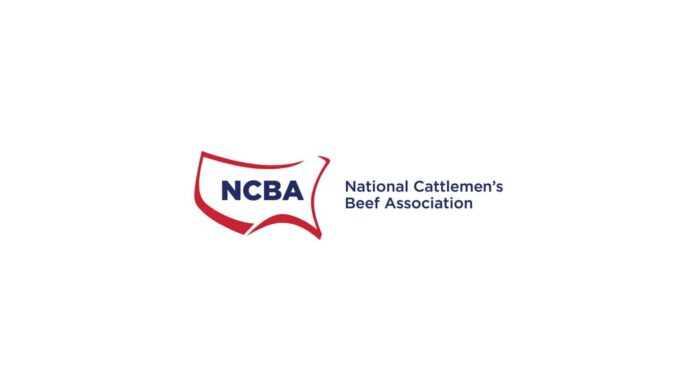WASHINGTON (April 26, 2024) – Today, National Cattlemen’s Beef Association (NCBA) President Mark Eisele, a Wyoming rancher, issued the following statement in response to the U.S. Department of Agriculture’s (USDA) final traceability rule:
“USDA’s final traceability rule updates the existing requirement for animal identification that has been in place since 2013, switching from solely visual tags to tags that are both electronically and visually readable for certain classes of cattle moving interstate. Many producers are already familiar with using these visual tags and under the new rule, they will instead use electronic tags. NCBA has worked hard to secure $15 million in funding for producers to reduce the cost of implementing this change. We also remain committed to safeguarding producers’ private data and continuing to reduce the cost of ear tags for farmers and ranchers. Our industry faces a tremendous threat from the risk of a future foreign animal disease on American soil. To avoid devastating financial losses during a potential outbreak and to help producers quickly return to commerce, we need an efficient animal disease traceability system.”
Background
The USDA final traceability rule amends a previous 2013 rule that requires sexually intact cattle 18 months of age or older, rodeo and exhibition cattle, and dairy cattle moving interstate to have an official form of animal identification. The 2013 rule, which cattle producers already comply with, instituted visual ID tags for interstate movement. The new final rule switches producers to electronic ID tags, which are easier to read and would yield a faster traceability response during a foreign animal disease outbreak. The cattle industry faces immense threats from foreign animal diseases, which can be carried into the country by individual travelers, on contraband products, or through regular commerce. It is estimated that a foot-and-mouth disease outbreak in the U.S. would lead to $221 billion in economic losses. Only 11% of the U.S. cattle herd is impacted by this final rule. The rule will not take effect for six months to provide time for producers to prepare.

